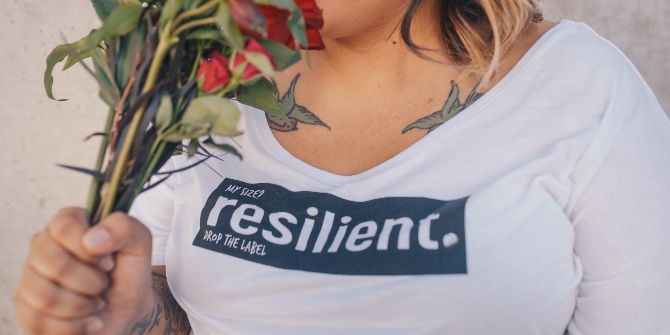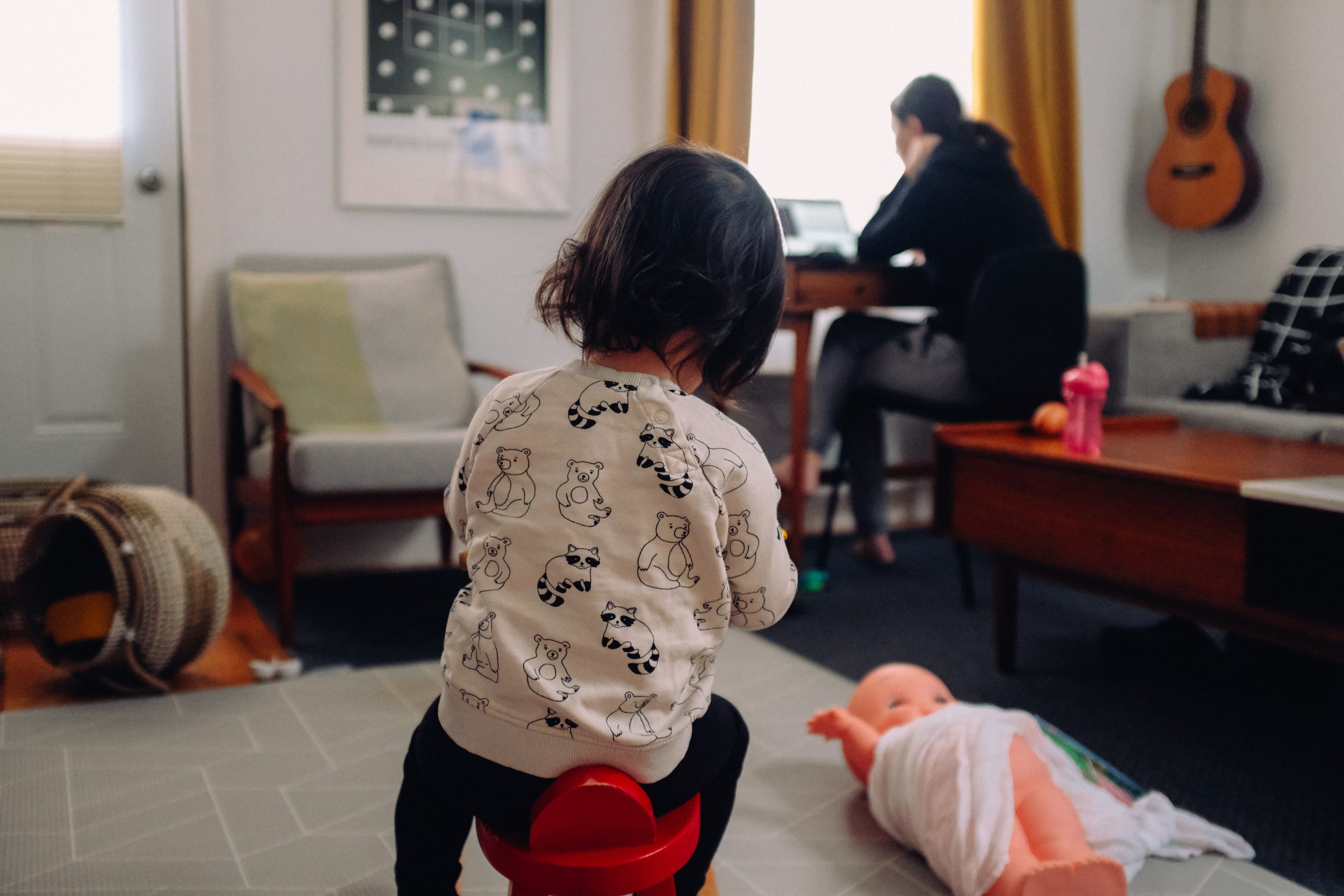
 LSE’s Shani Orgad and Kat Higgins write here about how the ‘invisible’ work performed by paid cleaners is discussed on UK parenting website Mumsnet, based on their recently-published article in Feminist Media Studies.
LSE’s Shani Orgad and Kat Higgins write here about how the ‘invisible’ work performed by paid cleaners is discussed on UK parenting website Mumsnet, based on their recently-published article in Feminist Media Studies.
Cleanliness is clearly having a moment. The sales of disinfectants and various other cleaning products have risen sharply since the start of the COVID-19 pandemic. ‘Cleanfluencers’ like Instagram’s Mrs Hinch and Tik Tok’s Imagine It Done have popularised and even glamourised domestic cleaning. Meanwhile, American media stars Chrissy Teigen and Kris Jenner recently launched Safely, a luxury line of plant-based domestic cleaning products.
But while these trends contribute to the visibility and popularity of cleaning homes, housework still remains largely what feminist scholar Nancy Fraser calls the ‘background condition’ of capitalism. Cleaning is still often cast as ‘women’s work’ and rendered invisible; it is not seen as ‘real work’ and is hidden in people’s homes. Indeed, much of this work is unpaid and undervalued.
Paid cleaners also perform a significant portion of this invisible work. According to the British Cleaning Council, one in ten UK households employs a domestic cleaner, and this number is on the rise. Other research suggests that as many as one quarter of households with an annual income of under £20,000 employ a cleaner. The cleaners are overwhelmingly women and much more likely to be migrants than in other sectors of the national labour force.
Yet despite their significant contribution, domestic cleaners are largely hidden from public view. Even as notions of hygiene, cleanliness, and working from home have been emphasised during the pandemic, the invisibility of domestic cleaners and their work persists.
Interestingly, as our newly published study reveals, one place where domestic cleaners do receive (some) recognition is the UK’s largest parenting website, Mumsnet. The site hosts lively discussions in its ‘Talk’ section about a range of issues related to participants’ lives, and employing domestic cleaners is one of them.
We found that when a ban was imposed on cleaners working in homes during the first COVID-19 lockdown in the UK, Mumsnet users turned to the online forum to express panic and distress at being without a paid cleaner at home. But even before the pandemic, Mumsnetters discussed the importance of cleaners in facilitating their work-life balance and maintaining their mental health. They describe cleaners as ‘life savers’, ‘the cornerstone’ of their lives, ‘fairies’, ‘gold dust’, ‘magicians,’ and even a ‘gift from heaven.’
Mumsnet users are predominantly middle-class women, but the site’s forums – especially its ‘Am I Being Unreasonable’ (AIBU) threads – also give people working as cleaners (the majority of whom are working class women) a platform to discuss their experience and views. For example, women often detail the labour they have to perform as paid cleaners – which includes for example, scrubbing kinds of dirt their employers are reluctant (or claim not to know how) to clean themselves – thereby challenging the widespread view of cleaning as ‘unskilled’ and ‘easy’ work. Some posts also challenge classist and xenophobic assumptions that other posters make about cleaners, and draw attention to the stark socio-economic disparities between cleaners and employers. Thus, on Mumsnet, women across the classed employer/cleaner divide share and discuss their thoughts and feelings. These online conversations highlight how essential cleaning and the people who perform it are for the functioning of family life and society at large, especially under contemporary capitalism.
At the same time, across the 7569 posts we analysed, the bulk of Mumsnet posts on this topic come from those employing or planning to employ cleaners, and not the cleaners themselves. While many of the posts on the Mumsnet forum do recognise cleaners’ contributions to homelife, they largely obscure the people who make these contributions and their labour.
Posters lament the hours of strenuous labour required to keep a house tidy but simultaneously frame the work paid cleaners perform as easy and low effort. Posters declare that a good domestic cleaner is ‘worth her weight in gold’ but justify £8 an hour as fair compensation for this work. And even as Mumsnet posters acknowledge the difference domestic cleaners make to their lives, they still talk about cleaning as ‘unskilled’ and with minimal social value, whilst rarely questioning cleaners’ low pay and precarious working conditions.
The Mumsnet discussions about domestic cleaners also largely shy away from confronting inequalities within the middle-class home. Hiring a domestic cleaner is often seen as a ‘quick fix’ to the burdens of demanding work lives, caring responsibilities and unequal relationships. Posters barely mention their mostly male partners as potential participants in doing or even managing house cleaning. Indeed, rather than fantasizing about how to achieve a more equitable distribution of labour within the home, the fantasy is to outsource the burden to a ‘Cinderella’-like figure, that is, the paid female cleaner.
COVID-19 has thrown into sharp relief how our lives and society’s very survival depend upon care and the labour of workers such as cleaners. Social media platforms like Mumsnet can and do play an important role in shining a spotlight on this crucial yet largely invisible and undervalued work. Yet, there is still a long way if we are to move capitalism’s ‘background condition’ into the foreground of our thinking, feeling, imagination, and crucially, of our politics.
This article represents the views of the authors, and not the position of the Media@LSE blog, nor of the London School of Economics and Political Science.
Featured image: Photo by Nino Maghradze on Unsplash






Really appreciate this thoughtful post, and important underlying research. Have reshared on LinkedIn! Thank you Professor Orgad & Kat